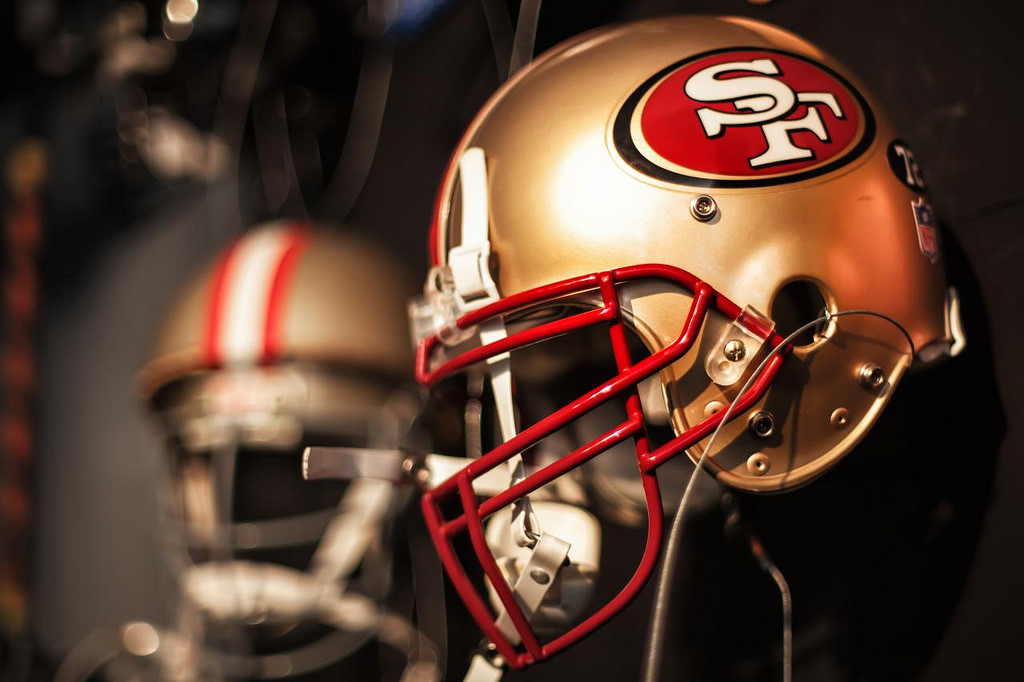The erasure of Martin Luther King, Jr.’s radical legacy is a transgression of historic proportions. Just a few months before King delivered his famous “I Have a Dream” speech, he wrote the following in a letter while he was locked away in a Birmingham jail:
I have almost reached the regrettable conclusion that the Negro’s great stumbling block in his stride toward freedom is not the White Citizen’s Counciler or the Ku Klux Klanner, but the white moderate, who is more devoted to ‘order’ than to justice; who prefers a negative peace which is the absence of tension to a positive peace which is the presence of justice; who constantly says: ‘I agree with you in the goal you seek, but I cannot agree with your methods of direct action’; who paternalistically believes he can set the timetable for another man’s freedom; who lives by a mythical concept of time and who constantly advises the Negro to wait for a “more convenient season.
Make no mistake: Martin Luther King, Jr. was a radical who condemned the evils of American racism as fiercely as he condemned the evils of American militarism and capitalism. He was an agitator who believed in using peaceful demonstration to break unjust laws for he knew that, as he wrote in his aforementioned letter, “Freedom is never voluntarily given by the oppressor; it must be demanded by the oppressed.”
And yet, there exists an ironic tendency to invoke King’s name to condemn people of color who either speak out or nonviolently demonstrate against racism in our country today.
Go to the comments section of any article or video involving race in America and you will surely find someone saying, “Dr. King would have been against it.” Such comments are rooted in the feel-good, though grossly inaccurate memory of King as simply a “Kumbaya” singing dreamer — as though King simply wanted blacks and whites to be holding hands in a colorblind society without dismantling the injustices produced by hundreds of years of racism.
When unrests erupted in Ferguson, Baltimore, and other cities across the country following the police shootings of unarmed black people, some Americans said that these protestors had lost sight of King’s ethics. However, King was fully sympathetic to the rioter in the face of racial injustice. In fact, it is King who once said, “A riot is the language of the unheard.”
Most recently, I have seen King’s memory summoned to condemn Colin Kaepernick for refusing to stand for the national anthem in protest of police brutality. For instance, Fox News host Kimberly Guilfoyle said, “I think Dr. King, if he were alive today, he wouldn’t disrespect the flag or the anthem, he would use his words and his voice to send a message for positive change.”
Guilfoyle, like many Americans who admire King though feel disrespected by Kaepernick’s actions, continue to wrap themselves in the safety blanket of King’s most quoted words without fully confronting the full, radical significance of his less quoted words and actions.
Those who acknowledge the injustices of police brutality though also denounce Kaepernick for upsetting the pleasantries of Sunday morning football are no different from the “white moderates” King spoke of who prefer order over justice, who agreed with the goals of the Civil Rights Movement but paternalistically told King not to engage in disruptive marches and sit-ins. Both King’s critics then and Kaepernick’s critics now prefer black people to “wait for a more convenient season” to protest.
Martin Luther King, Jr. did not wait for a more convenient season. Neither did the late Muhammad Ali, whose legacy is already being whitewashed, wait for a more convenient opportunity to protest against American racism and the Vietnam War. Ali understood the power of his platform, and at the very height of his abilities, he chose to sacrifice his boxing career and incur the wrath of an entire nation for his beliefs and for his people.
The easy choice for Colin Kaepernick would have been to remain standing. The easy choice would have been to keep his true feelings about police brutality and the national anthem to himself, perhaps waiting for a more convenient, more palatable, opportunity to exercise his freedom of speech.
But Kaepernick decided to make the difficult choice of using the platform of the NFL to protest against injustices in this country right then and there. His action, and the awareness it is raising, is what true patriotism looks like.
One of the more absurd questions lobbed at Kaepernick in a post-game interview was whether he was protesting because he “personally feels oppressed.” The way he answered this question perfectly captures why I believe Colin Kaepernick has revived the spirit of Martin Luther King, Jr. and Muhammad Ali better than any other athlete in recent memory.
This stand wasn’t for me. This stand wasn’t because I feel like I’m being put down in any kind of way. This is because I’m seeing things happen to people that don’t have a voice; people that don’t have a platform to talk and have their voices heard and affect change. I’m in a position where I can do that and I’m going to do that for people that can’t.
This piece originally appeared on Medium, and has been reprinted with permission.
Photo: Strólic Furlán/Creative Commons

